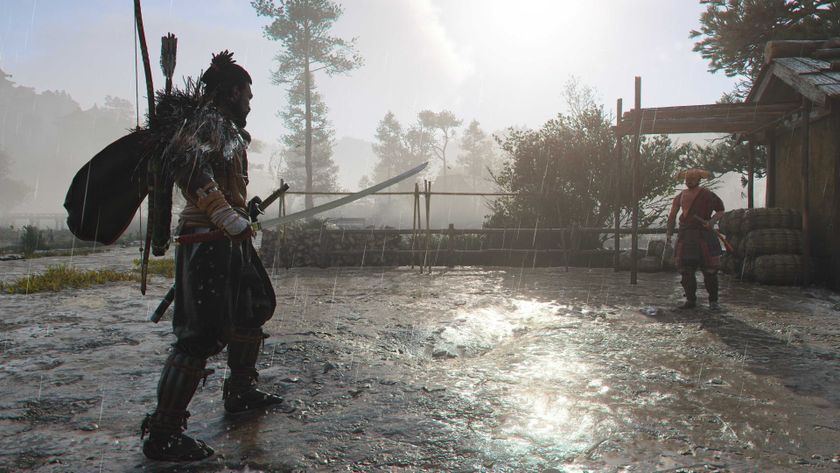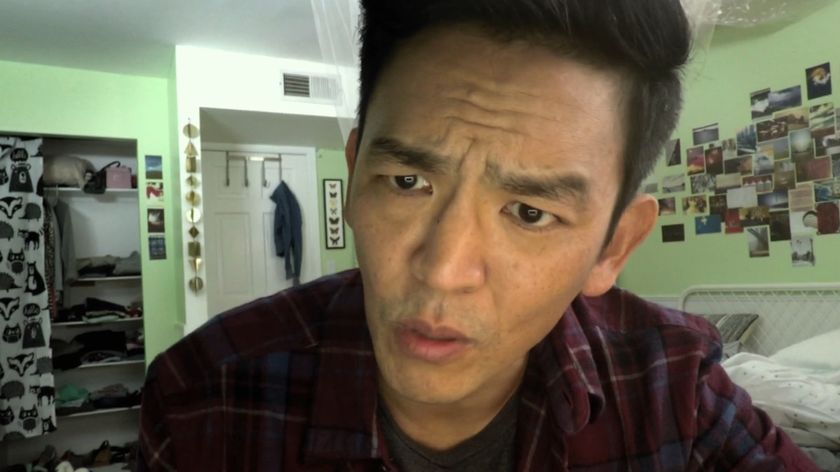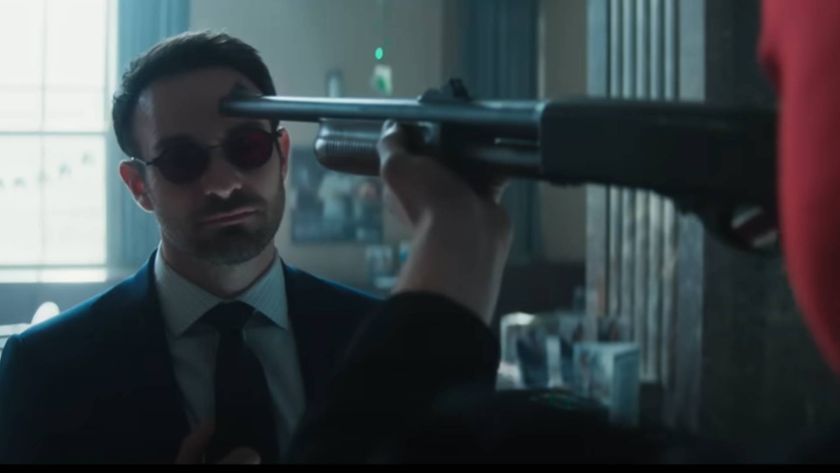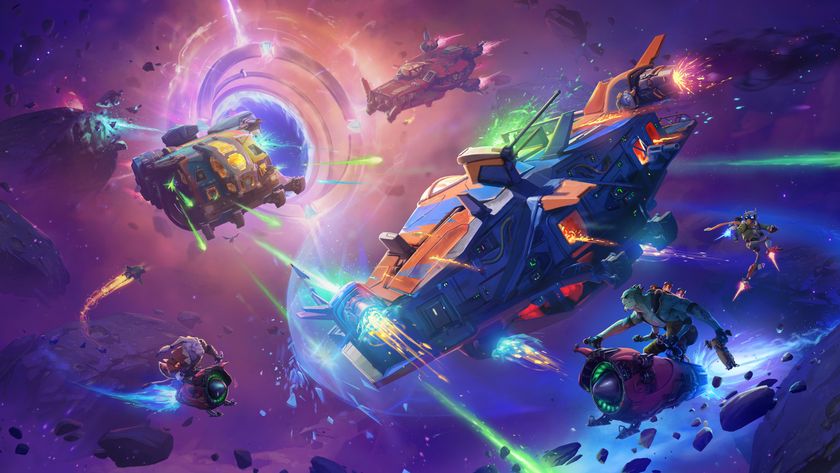Citizen Sleeper feels like a sequel to the worst ending of Cyberpunk 2077 and now my mind is blown
Now Playing | Implanted personality constructs, megacorps, and colonizing space – wait, which game is this?

I think I might have lucked out by playing Citizen Sleeper and Cyberpunk 2077 in a very specific order. The proximity is an added bonus, having wrapped my second journey through Night City a mere 24 hours before sampling Gareth Damian Martin's "RPG candy" for the very first time. Five hours and countless dice rolls later, I reached for a piece of paper and scribbled a question that'd been burning in my skull all the while: is the Sleeper just V?
Of course it isn't. Cyberpunk and Citizen Sleeper are two totally discrete RPG experiences, each influenced in some manner by tabletop games, their practices, and futuristic sci-fi themes. One is a triple-A first-person action game, with all the flashy combat and graphical fidelity you'd expect from the Witcher 3 studio. The other is a text-based, narrative-driven, point-and-click solodev project. So why do the two dystopian worlds fit so perfectly together that I've come away from my first Citizen Sleeper session feeling a suspicious sense of…continuity?
Cyber samurai
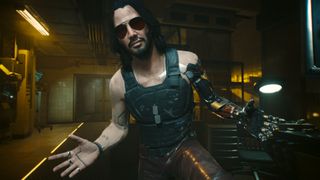
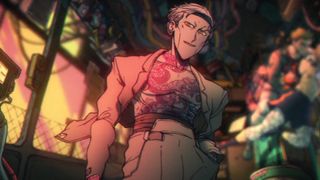
Have you tried… navigating the pitfalls of space capitalism in Citizen Sleeper?
The Devil is the worst of the Cyberpunk 2077 endings – yes, including Phantom Liberty's devastating "face in the crowd" epilogue. After hours of sticking it to the maniacal megacorp with the help of Johnny Silverhand, whose implanted personality construct has turned him into a perma-brain roommate that's slowly taking over your body, V chooses to trust Arasaka. Hanako says she will bring V to Arasaka Tower through the front door, and in exchange for their help in overthrowing her patricidal brother, she offers a cure for V's terminal Johnny-itis.
Naturally, this is the worst possible outcome for both Johnny and V if you're as invested in their friendship as I am. Johnny gets wiped without a chance to go out on his own terms, V turns their back on all the duo have been through together, and murdered patriarch Saburo Arasaka's construct is implanted into his own son – who was actually trying to bring down the evil corporation from the inside, and could have pulled it off if not for you. V's operation goes awry anyway, and when you awaken sans-Silverhand yet still doomed to die within a year, V has a choice: return to Earth and live out their days, or let their body die and join the Relic program for free. This means having their engram sealed away in Mikoshi – just like Johnny – to potentially be re-implanted in a working body someday. In short, you literally sell your soul to the devil. Who knows? Maybe Arasaka will find a new body for V eventually? V can trust them, right?
Meanwhile in the isometric 2D world of Citizen Sleeper, a new story unfolds. As the Sleeper awakens on the Eye, a vessel floating in the vast chasm of outer space, I'm told that they are, in a way, synthetic. Their mind might be human but their body is a product, one of many mass produced vessels owned by megacorp Essen-Arp, and their very existence in it is a crime. With their digitized personality awakening from decades under Essen-Arp's lock and key, the Sleeper escapes the corp's clutches in a stolen body that is slowly falling apart – but since when do megacorporations let their property go for nothing?
Where is my mind?
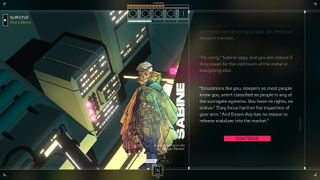
Synthetic versus organic existence, and the sanctity of life placed on each respectively, is a question turned over in both games.
As I learn more about Citizen Sleeper through dialogue options, I get more and more excited. The parallels to The Devil ending are everywhere; a corpo soul prison, the ownership of a human's very psyche, the promise of being implanted in a new body, the overarching question of whether digital life constitutes actual life… Immediately, I find it hard not to think of my Sleeper as none other than V, back from Mikoshi and on the run from Arasaka in a borrowed body.
This exact process of events speaks to a popular fan theory. Speculating on V's possible return in confirmed Cyberpunk sequel Project Orion, one of the simplest ways to bring the hero back would be to follow the path set by The Devil ending – specifically where V signs their soul over to join the Relic programme. With their ailing body disposed of and their mind sealed in Mikoshi, it makes sense that players would want to see how V might break out of it. Would Arasaka eventually make good on their promise, implanting V in a new body much as the one the Sleeper stole? Would that body turn them into a more-chrome-than-human killing machine like Johnny's nemesis Adam Smasher? If so, would they still be the same person, or a loyal corpo lapdog?
Sign up to the 12DOVE Newsletter
Weekly digests, tales from the communities you love, and more
Synthetic versus organic existence, and the sanctity of life placed on each respectively, is a question turned over in both games. Even though I've yet to see the extent of what Citizen Sleeper has to offer, getting to mull over similar themes, philosophical questions, and socio-economic hierarchies creates a space for dialogue between them. Cyberpunk made me question how important it is to simply survive; is life worth living if you cannot do it authentically, intentionally, on your own terms? The intended takeaway is a resounding "fuck no" accompanied by rock n' roll devil horns, but Citizen Sleeper complicates this. The Sleeper doesn't have a strong enough sense of identity to fuel that aspect of self preservation, so it really is the desperate human drive to survive at all costs that keeps them going. Johnny and V are fighting to retain who they are as people, because that's the only thing the corps can't buy. Until they do, of course; enter the Sleeper, a human wiped with everything stolen from them except their highly illegal sentience.
Is sentience the same as life? I expect this to be a pervasive question as I continue my Citizen Sleeper journey. At this point, all I know is that I'm somehow thinking about two games simultaneously pretty much all of the time. I'll take one of those smokes now, Johnny.
Check out the best RPGs to play next while you wait for Citizen Sleeper 2

Jasmine is a staff writer at 12DOVE. Raised in Hong Kong and having graduated with an English Literature degree from Queen Mary, University of London in 2017, her passion for entertainment writing has taken her from reviewing underground concerts to blogging about the intersection between horror movies and browser games. Having made the career jump from TV broadcast operations to video games journalism during the pandemic, she cut her teeth as a freelance writer with TheGamer, Gamezo, and Tech Radar Gaming before accepting a full-time role here at GamesRadar. Whether Jasmine is researching the latest in gaming litigation for a news piece, writing how-to guides for The Sims 4, or extolling the necessity of a Resident Evil: CODE Veronica remake, you'll probably find her listening to metalcore at the same time.
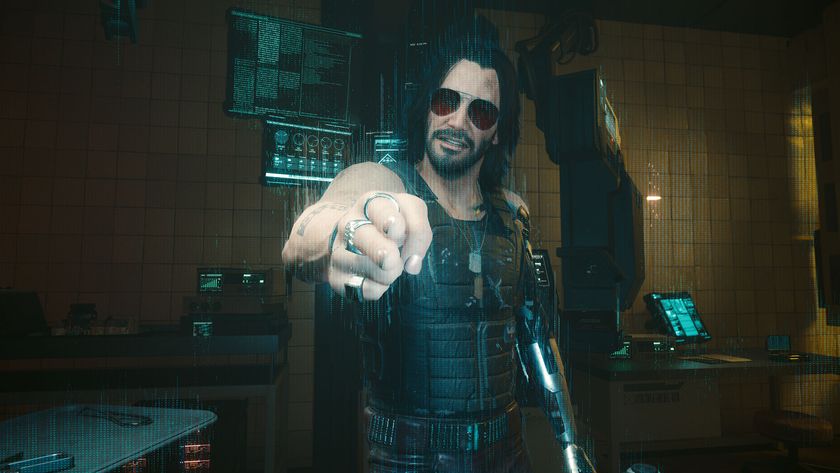
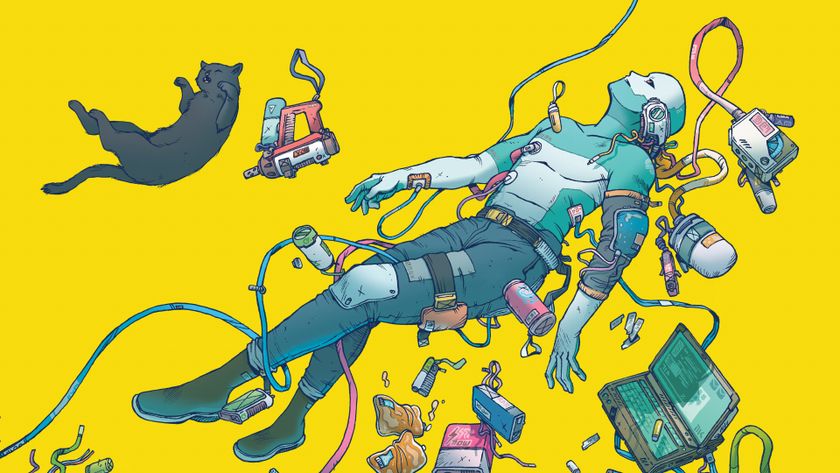
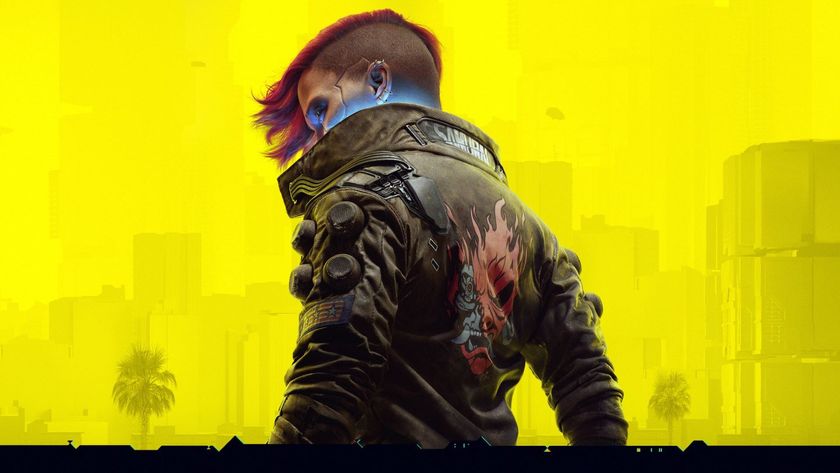
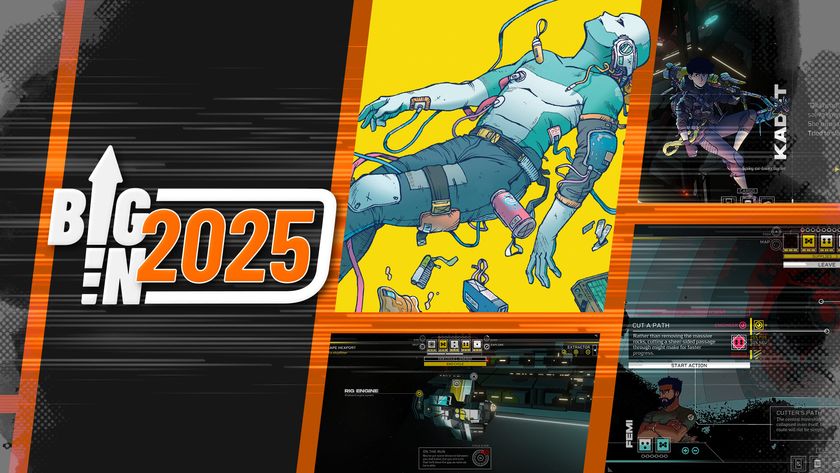
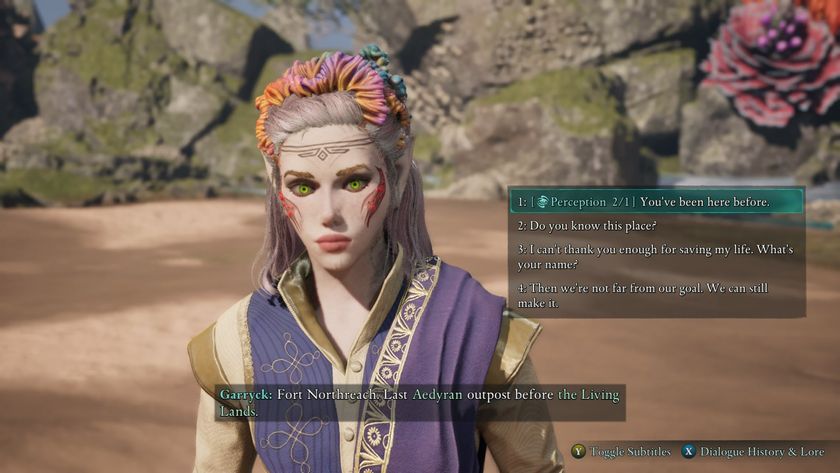
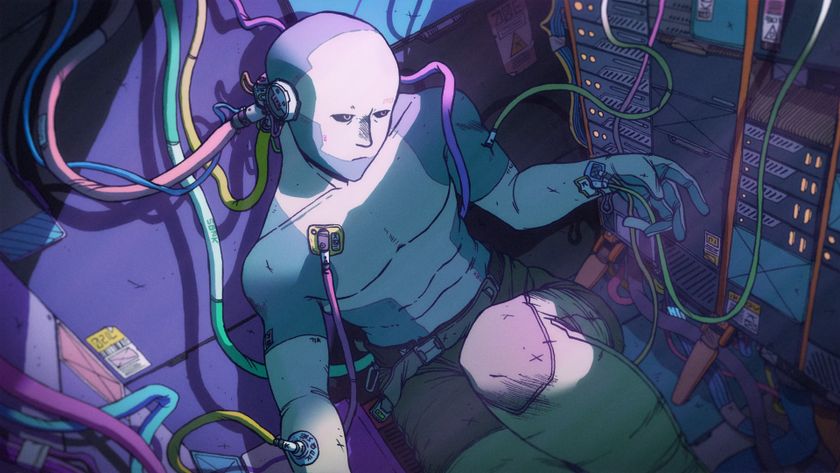
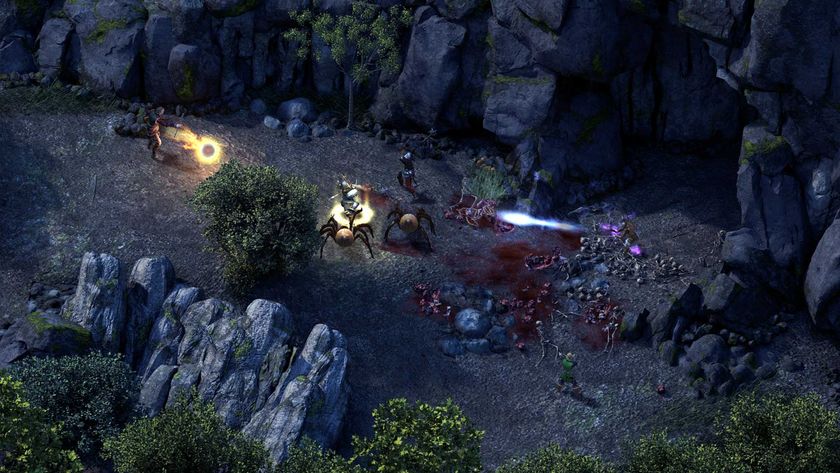
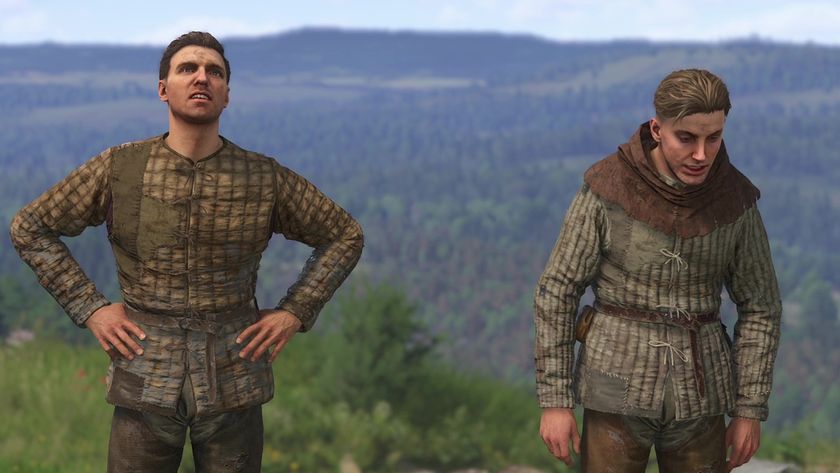
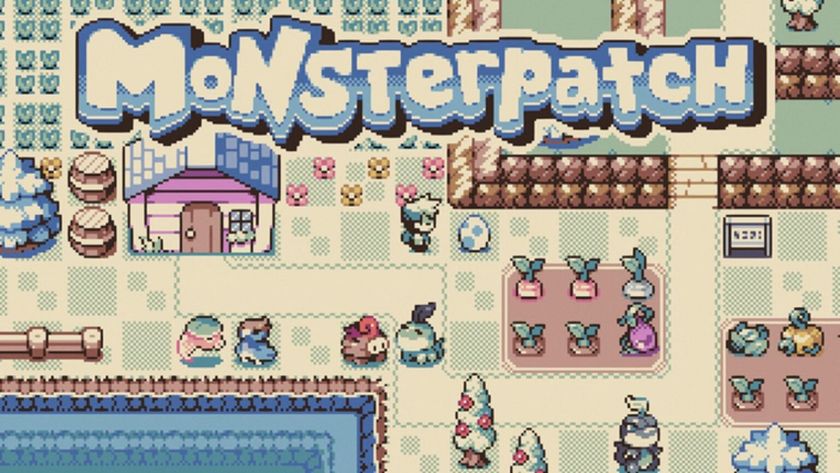
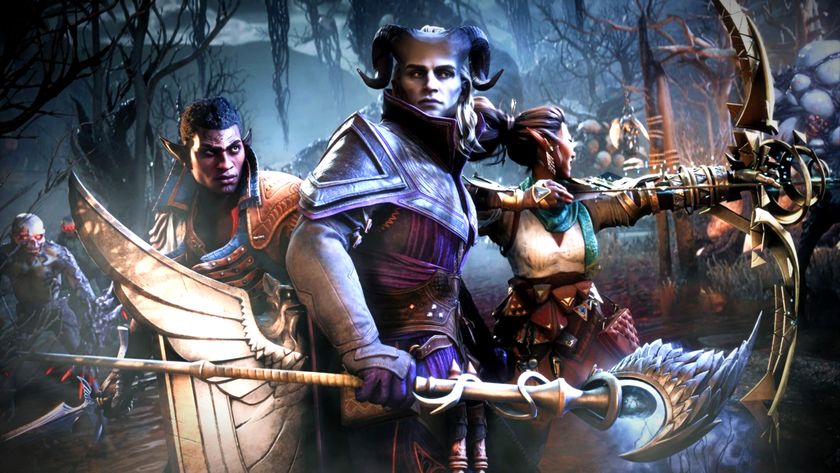
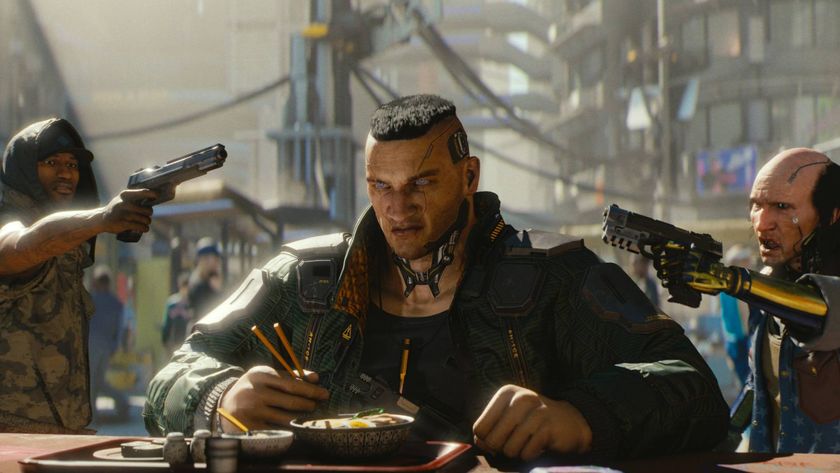
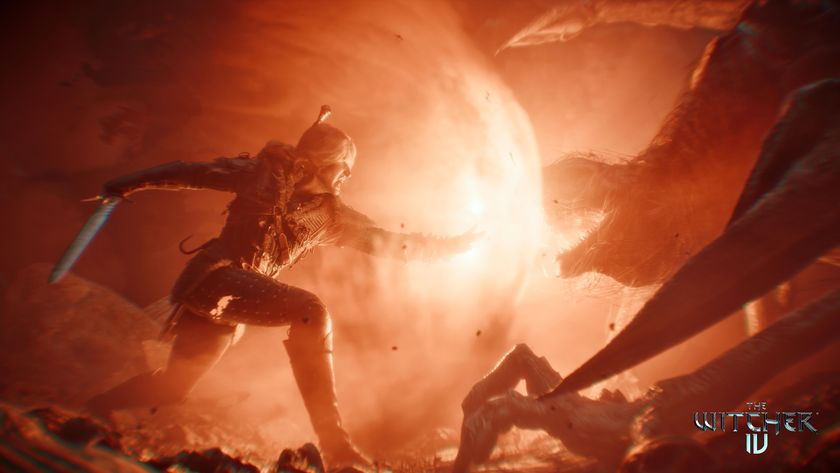
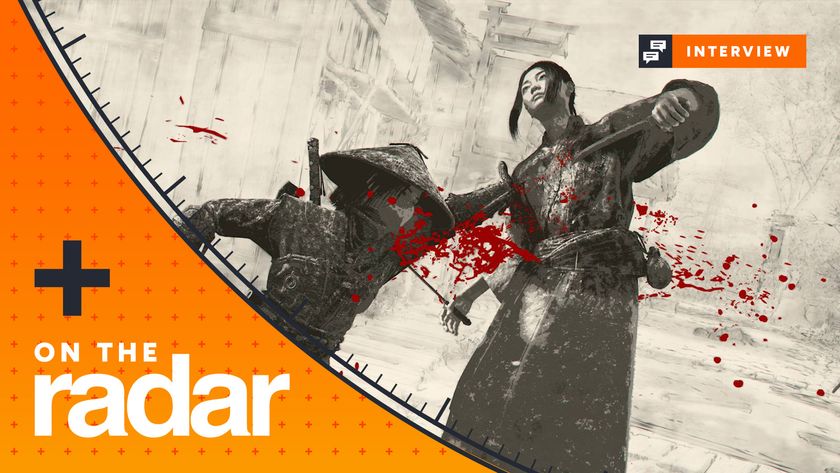
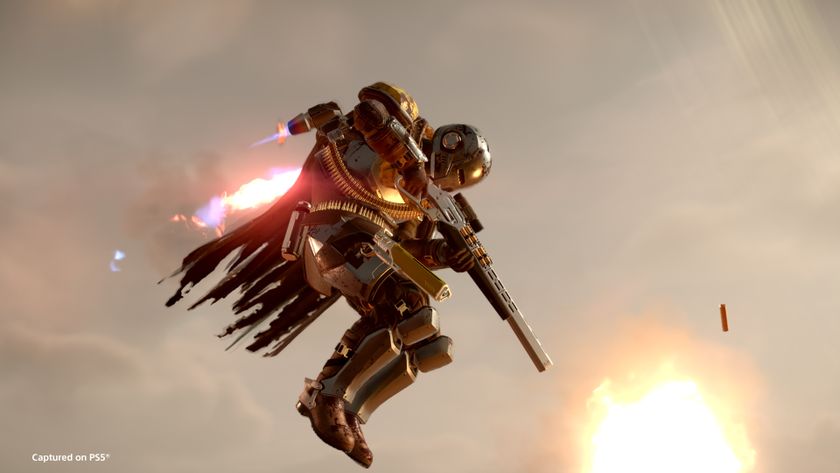
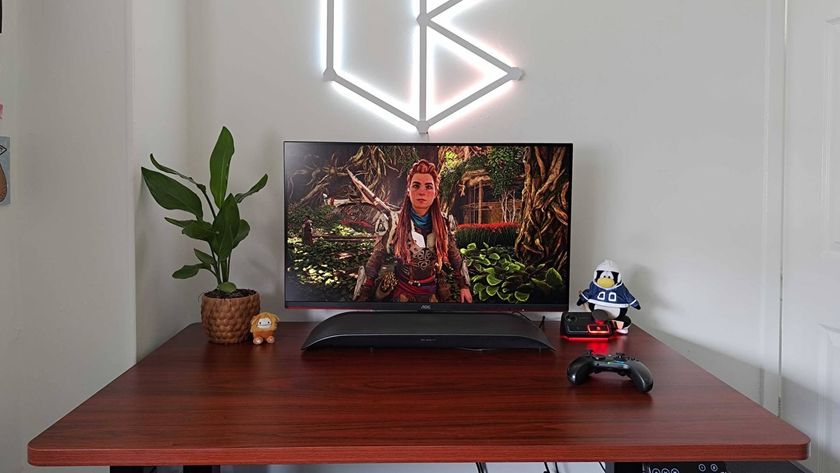

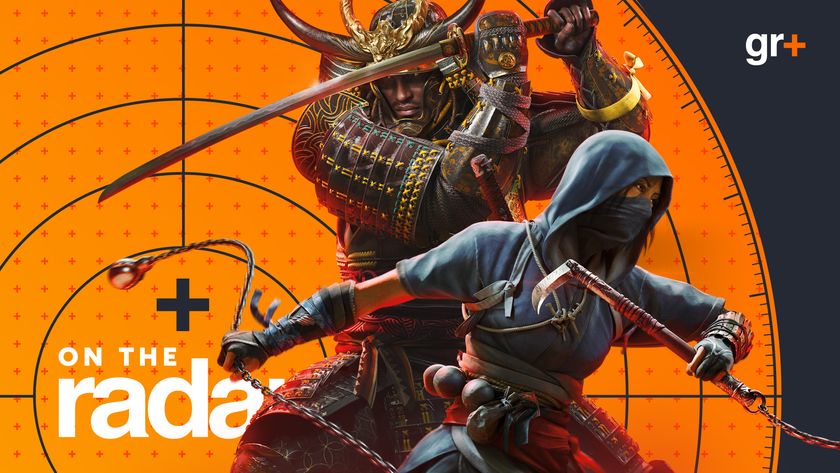
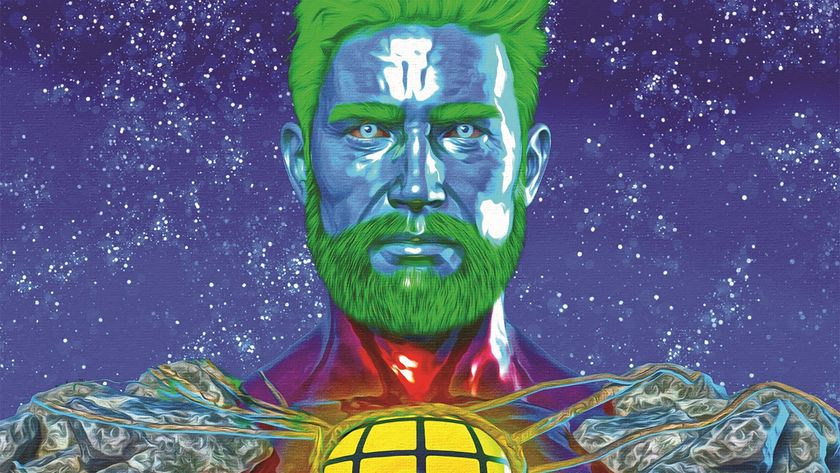

This cozy RPG promises a Pokemon and Stardew Valley mashup with "limitless customization," 208 monsters, and more, so no wonder its Kickstarter was funded in just 16 minutes

Reclaiming their crown, pacifist Kingdom Come: Deliverance 2 player beats the whole RPG as "Merciful Henry": 1,741 strikes blocked, 472 knockouts, and zero kills
